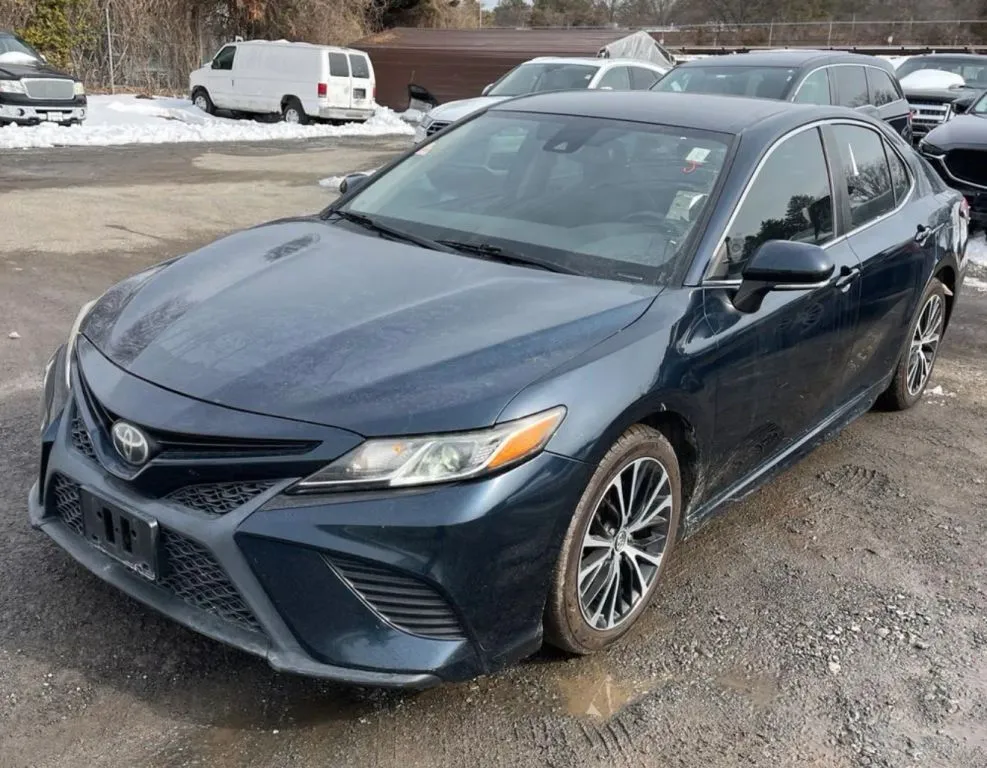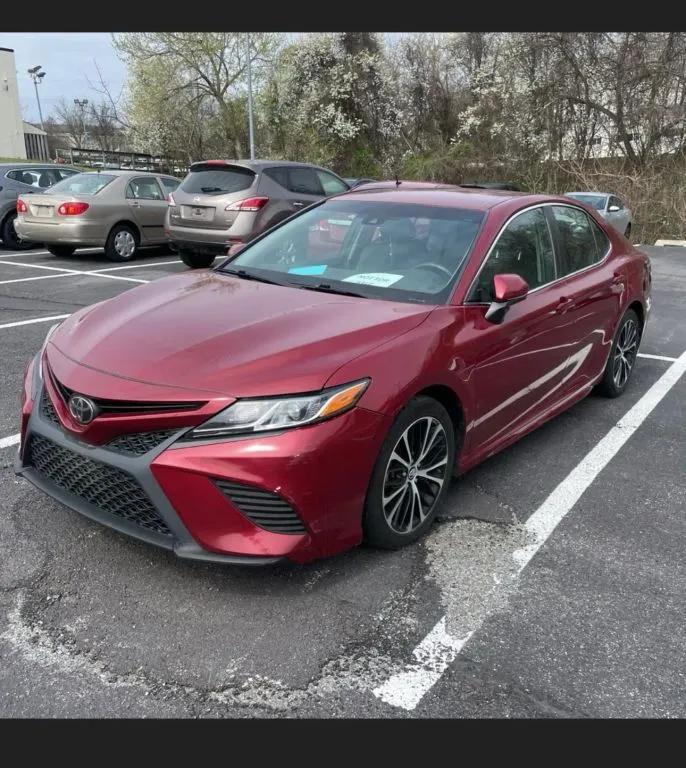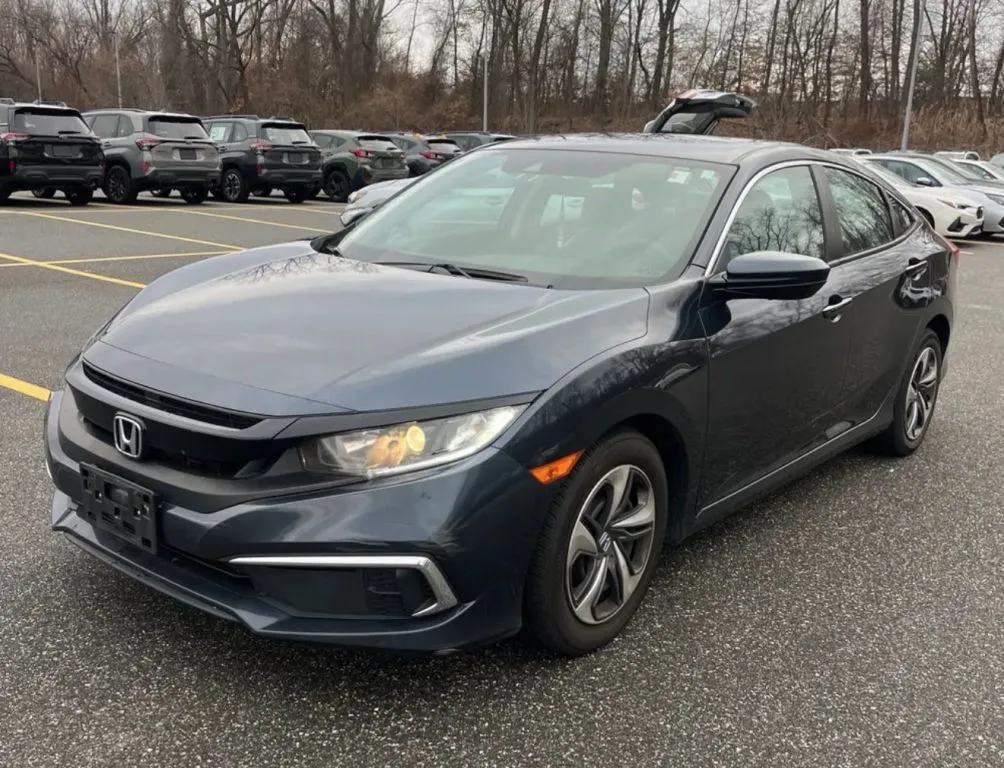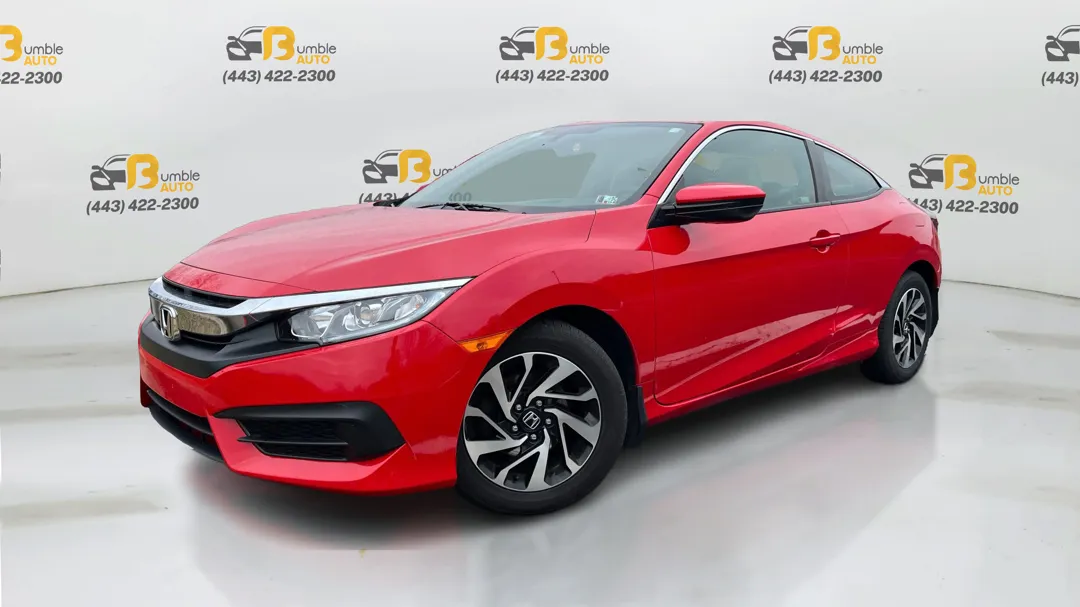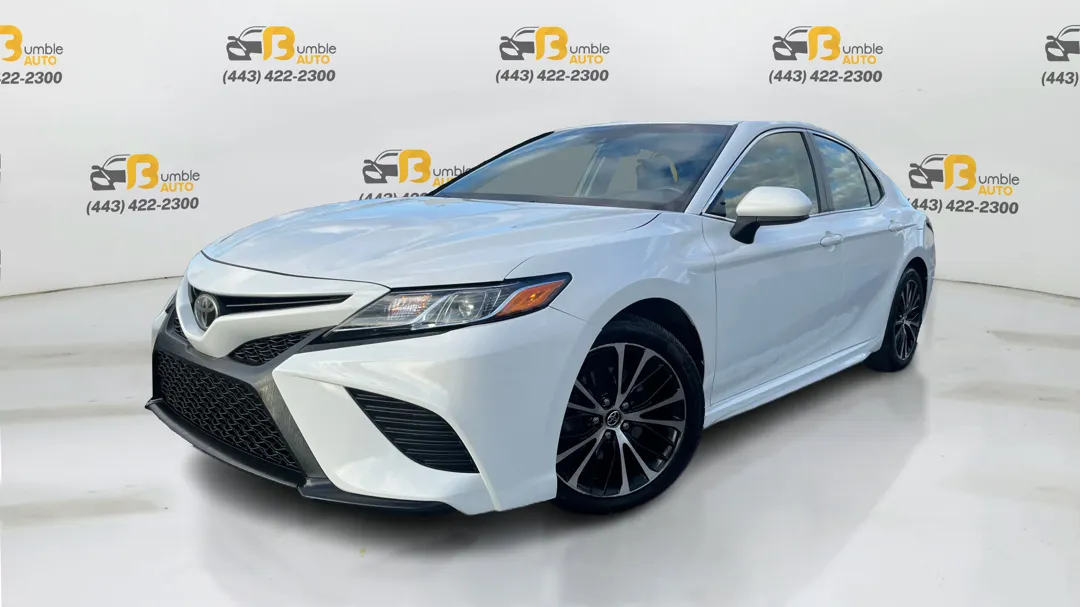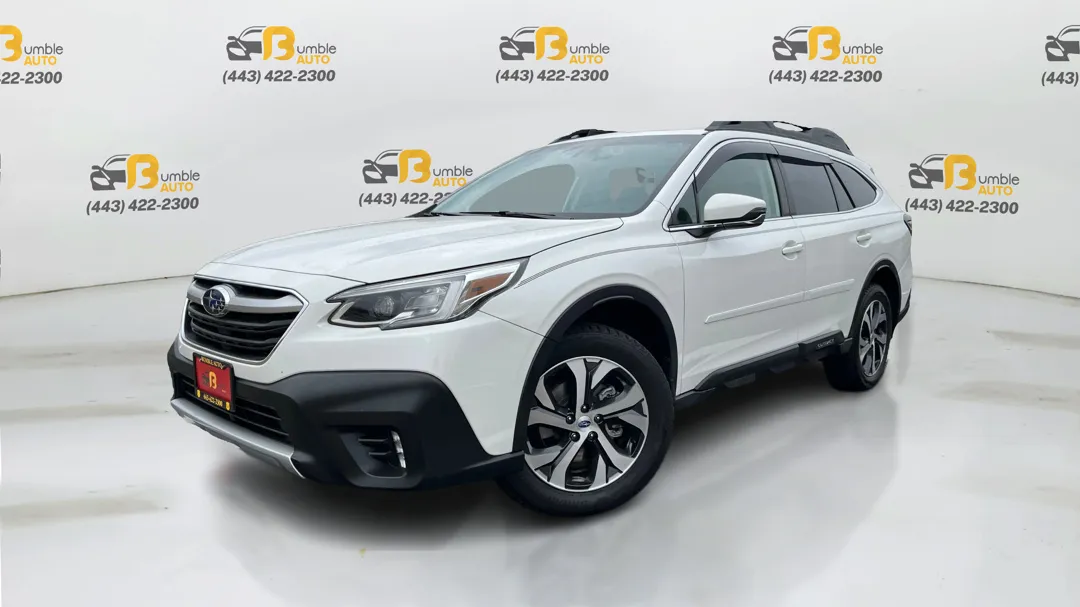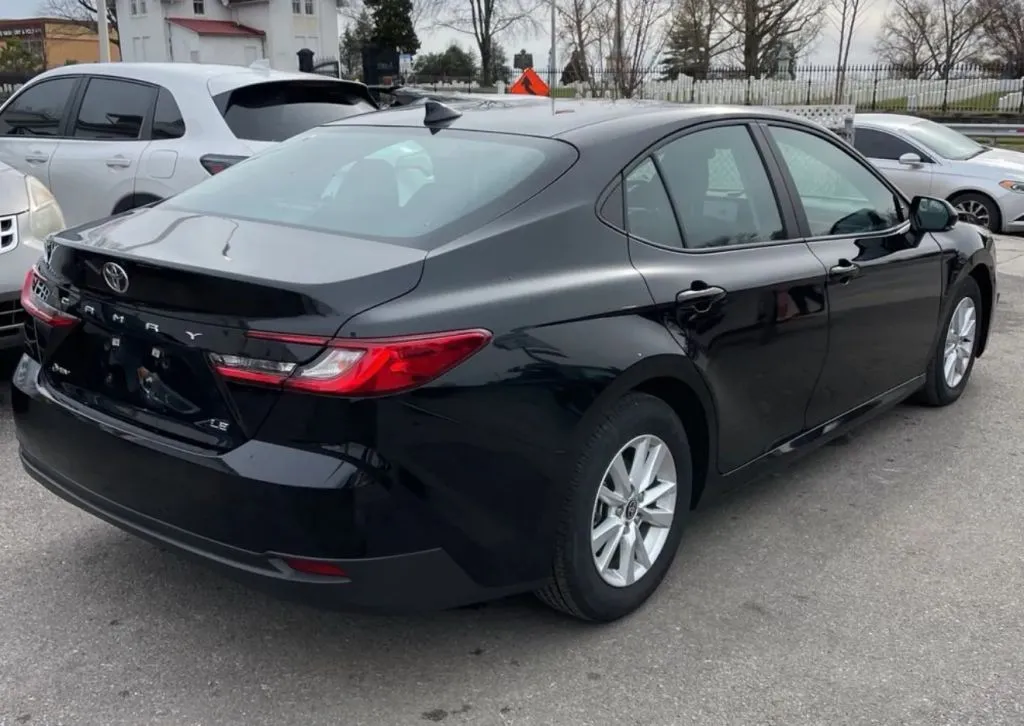Incredible Savings: Discover the Best Used Car Deals This Tax Season!
Table of Contents
- Why Buy a Used Car During Tax Season?
- Popular Used Car Models to Consider This Tax Season
- Honda Civic
- Toyota Camry
- Subaru Outback
- Ford Escape
- Nissan Altima
- Financing Options for Used Cars During Tax Season
- The Role of Trade-Ins in Maximizing Savings
- Top Tips for Finding the Best Used Car Deals
- 1. Start Your Search Early
- 2. Look Beyond Local Dealerships
- 3. Use Online Tools to Compare Prices
- 4. Research Vehicle Reliability and Ownership Costs
- 5. Check for Recalls and Vehicle History
- Common Pitfalls to Avoid When Buying Used Cars
- How to Negotiate the Best Price on a Used Car
- Conclusion: Making the Most of Your Tax Refund for a Used Car Purchase

As tax season approaches, savvy shoppers are on the lookout for incredible savings, and what better way to stretch those hard-earned dollars than with the best used car deals this tax season? This time of year offers a unique opportunity: with many people receiving tax refunds, dealerships are eager to entice buyers with unbeatable prices and exciting incentives. Whether you’re searching for a reliable commuter vehicle, a spacious family ride, or a sporty upgrade, now is the perfect moment to find a deal that fits your needs and budget. In this article, we'll guide you through the top used car deals available this tax season, highlight money-saving tips, and help you navigate the buying process with confidence. Don’t miss out on the chance to drive away with a great car without breaking the bank!
Why Buy a Used Car During Tax Season?

As tax season rolls around, many consumers find themselves with a little extra cash thanks to their tax refunds. This additional financial boost presents an excellent opportunity to make significant purchases, such as investing in a used car. If you're ready to take the leap, here’s how to get best used car deals this tax season. Dealerships are well aware of this trend and often offer special promotions and discounts to attract buyers during this period. This means that buyers have the chance to secure incredible savings that might not be available at other times of the year. In essence, tax season can be a prime time for car shoppers to find high-quality used vehicles at more affordable prices.
Another compelling reason to consider buying a used car during tax season is the increased inventory. Many people choose to trade in their current vehicles for new ones around this time, adding to the selection of used cars available for purchase. This surge in inventory means that buyers have a wider range of options to choose from, increasing the likelihood of finding the perfect car that meets their specific needs and preferences. Whether you’re in the market for a fuel-efficient commuter car, a spacious SUV for family trips, or a sporty coupe for weekend drives, the chances of finding your ideal vehicle are higher during this season.
Buying a used car during tax season can also be a financially savvy decision. Used cars, in general, offer better value for money compared to new cars, as they have already undergone significant depreciation. This means that you can get more car for your money, stretching your tax refund further. Additionally, lower depreciation rates on used cars can lead to lower insurance premiums, further reducing the overall cost of ownership. By carefully planning your purchase during tax season, you can maximize your savings and make a smart investment in a reliable used vehicle.
Popular Used Car Models to Consider This Tax Season
Tax season is the perfect time to invest your refund into something valuable—like a reliable used car. Whether you're looking for fuel efficiency, comfort, safety, or off-road capabilities, there’s a wide range of trusted models to choose from. Here are some of the most popular used car models that offer great value, reliability, and performance for your money. Explore the top used car deals this season in Bumble Auto to find models that suit your needs and budget.
Honda Civic

The Honda Civic continues to be a top choice for used car buyers thanks to its stellar fuel economy, low maintenance costs, and lasting durability. Available in sedan, coupe, and hatchback styles, the Civic fits a variety of lifestyles and driving preferences. Its strong resale value and excellent reliability ratings make it a smart investment—especially if you're looking to stretch your tax refund.
Toyota Camry

The Toyota Camry is known for its long-standing reputation for dependability and safety. With a comfortable interior, smooth handling, and user-friendly technology, the Camry is ideal for commuters and families alike. High safety ratings and an impressive track record for longevity make it a solid choice in the used car market, especially during tax season when deals are plentiful.
Subaru Outback

Combining SUV functionality with the comfort of a car, the Subaru Outback is perfect for drivers who enjoy both city commuting and outdoor adventures. With standard all-wheel drive, ample cargo space, and elevated ground clearance, the Outback handles a variety of road conditions with ease. Subaru’s reputation for safety and reliability adds extra peace of mind for used car shoppers.
Ford Escape

If you're looking for a compact SUV with a spacious interior and great handling, the Ford Escape is worth a look. It offers strong fuel economy, especially in hybrid trims, and comes with a user-friendly infotainment system. The Escape’s practicality, along with its wide availability in the used car market, makes it a smart and budget-friendly option for many buyers.
Nissan Altima

The Nissan Altima blends sporty design with everyday comfort, making it a popular mid-size sedan among used car shoppers. Known for its smooth ride, good fuel economy, and advanced safety features, the Altima offers excellent value. Many models come equipped with modern tech like adaptive cruise control and blind-spot monitoring, making it a smart buy this tax season.
Financing Options for Used Cars During Tax Season

Securing the right financing for your used car purchase is essential to ensure you get the best deal possible. One option to consider is getting pre-approved for a loan from your bank or credit union before you start shopping. Having a pre-approval in hand gives you a clear idea of your budget and strengthens your negotiating position with dealerships. It also allows you to compare interest rates and loan terms, ensuring you get the most favorable financing option available.
Another financing option to explore is dealership financing. Many dealerships offer special financing promotions during tax season to attract buyers. These promotions can include lower interest rates, extended loan terms, or even cashback offers. While dealership financing can be convenient, it’s important to read the fine print and understand all the terms and conditions. Be sure to compare the dealership’s offer with other financing options to ensure you’re getting the best deal.
If you have less-than-perfect credit, don’t be discouraged. There are financing options available for buyers with lower credit scores. Subprime lenders specialize in providing loans to individuals with credit challenges. While these loans may come with higher interest rates, they can still be a viable option for securing the car you need. Additionally, making timely payments on your auto loan can help improve your credit score over time, opening up better financing opportunities in the future.
The Role of Trade-Ins in Maximizing Savings

Trading in your current vehicle can be a strategic move to maximize your savings on a used car purchase. The trade-in value of your car can be applied directly to the purchase price of the new vehicle, reducing the amount you need to finance. Learn how to benefit from the trade-in tax credit in MD when upgrading your vehicle during tax season. To get the best trade-in value, it’s important to do some research beforehand. Use online valuation tools like Kelley Blue Book or Edmunds to get an estimate of your car’s worth. Additionally, gather any maintenance records and clean your car thoroughly to make it more appealing to potential buyers.
When negotiating your trade-in, be prepared to provide documentation that supports your car’s condition and value. This can include service records, recent repairs, and any upgrades or accessories you’ve added. Presenting this information can help you justify a higher trade-in offer. It’s also a good idea to get trade-in quotes from multiple dealerships to compare offers. This gives you leverage when negotiating and ensures you get the best possible value for your trade-in.
Keep in mind that the timing of your trade-in can also impact its value. Certain times of the year, such as tax season, can see an increase in demand for used cars, potentially boosting your trade-in value. Additionally, trading in a car that’s in high demand or has a strong resale value can work in your favor. By strategically timing your trade-in and negotiating effectively, you can significantly reduce the overall cost of your used car purchase.
Top Tips for Finding the Best Used Car Deals

Scoring the best used car deals doesn’t happen by luck—it takes strategy, research, and smart timing. Whether you're using your tax refund or just looking to upgrade your ride, If you’re new to pre-owned shopping, this guide explains the benefits of a used car buying in detail. these expert tips will help you navigate the market and find a quality vehicle at a fair price:
1. Start Your Search Early
One of the most effective ways to find great used car deals is to begin your search as early as possible. Once you know your budget and the type of car you want, start browsing listings and visiting dealerships. Early research gives you time to compare prices, spot trends, and act fast when a great deal appears—without feeling rushed into a decision.
2. Look Beyond Local Dealerships
Don’t limit yourself to just your hometown. Expanding your search to nearby cities—or even other states—can open up more competitive prices and a wider range of inventory. Use trusted platforms like CarGurus, Autotrader, or Cars.com to search regionally. Just be sure to factor in added expenses like transportation or travel costs when shopping out of town.
3. Use Online Tools to Compare Prices
Comparison shopping is essential when buying a used car. Different online platforms allow you to evaluate the fair market value of different models based on mileage, condition, and location. Knowing what a car is truly worth puts you in a stronger position to negotiate and avoid overpaying.
4. Research Vehicle Reliability and Ownership Costs
Before finalizing a purchase, research the model’s long-term reliability, maintenance costs, and resale value. Choosing a dependable model ensures you won’t be surprised by expensive repairs down the line.
5. Check for Recalls and Vehicle History
Always check if the car has any outstanding recalls by entering the VIN (Vehicle Identification Number) on the NHTSA recall website. Also, ask for a vehicle history report from Carfax or AutoCheck. These reports reveal accident history, title status, service records, and odometer readings—helping you avoid buying a lemon.
Common Pitfalls to Avoid When Buying Used Cars

While buying a used car can offer significant savings, it’s important to be aware of common pitfalls that can lead to costly mistakes. One major pitfall is failing to set a budget before you start shopping. Don't forget to factor in regional tax rules like a guide to Maryland’s car tax when planning your budget. Without a clear budget, it’s easy to get carried away and overspend. Determine how much you can afford to spend, including additional costs like taxes, registration, and insurance. Stick to your budget to avoid financial strain and ensure you make a smart investment.
Another common mistake is not thoroughly inspecting the car before purchase. As mentioned earlier, a comprehensive visual and mechanical inspection is crucial to identifying potential issues. Skipping this step can result in buying a car with hidden problems that lead to expensive repairs down the line. Always take the time to inspect the car thoroughly and consider getting a professional mechanic’s opinion.
Additionally, neglecting to review the car’s history report can be a costly oversight. The history report provides valuable information about the car’s past, including any accidents, title issues, and service records. Failing to review this report can lead to buying a car with a problematic history that affects its reliability and resale value. Always obtain and review the history report before making a final decision.
How to Negotiate the Best Price on a Used Car

Negotiating the best price on a used car requires preparation and a strategic approach. Start by researching the market value of the car you’re interested in using resources like Kelley Blue Book or Edmunds. Knowing the fair market value gives you a solid foundation for negotiation and helps you identify a reasonable price range. Additionally, gather information about the car’s condition, history, and any comparable listings to strengthen your negotiating position.
When it comes to the actual negotiation, be confident and assertive. Start with a lower offer than the asking price, leaving room for negotiation. Be prepared to justify your offer with the research and information you’ve gathered. It’s also important to remain polite and professional throughout the negotiation process. Building a positive rapport with the seller can facilitate a smoother negotiation and increase the likelihood of reaching an agreeable price.
Don’t be afraid to walk away if the negotiation isn’t going in your favor. Sometimes, the best way to get a good deal is to show that you’re willing to walk away and explore other options. This can prompt the seller to reconsider their position and potentially offer a better price. Remember, there are plenty of used cars on the market, and patience can pay off in securing the best deal.
Conclusion: Making the Most of Your Tax Refund for a Used Car Purchase
Tax season offers a unique opportunity to make the most of your tax refund by investing in a used car. With dealerships offering special promotions and an increased inventory of vehicles, buyers have the chance to find incredible savings and secure a great deal. By following the tips and strategies outlined in this article, you can navigate the used car market with confidence and make a smart purchase that fits your needs and budget.
From setting a budget and researching popular models to evaluating cars thoroughly and exploring financing options, each step of the process is crucial in ensuring you get the best value for your money. Additionally, being aware of common pitfalls and knowing how to negotiate effectively can further enhance your buying experience and help you avoid costly mistakes.
Ultimately, making the most of your tax refund for a used car purchase requires careful planning, research, and strategic decision-making. By taking advantage of the opportunities available during tax season, you can drive away with a reliable and affordable vehicle that meets your needs and provides lasting value. Don’t miss out on the chance to stretch your hard-earned dollars and enjoy the benefits of a great used car deal this tax season!


